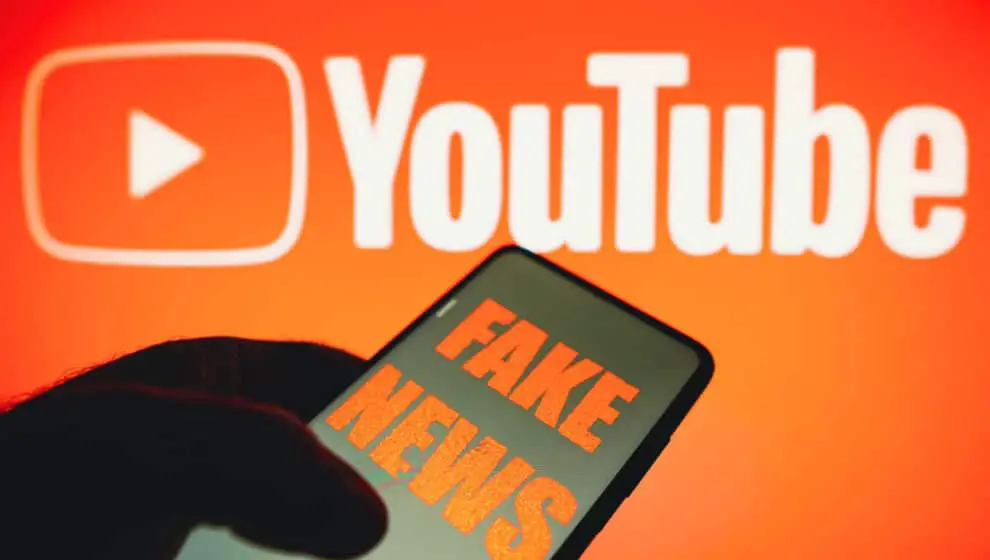A New York University report places the blame for spreading misinformation squarely on the shoulders of major social-media sites.
Key Details
- The NYU study accused social-media sites of amplifying information they called false by exempting politicians from fact-checking rules, inconsistently enforcing rules, and allowing media the study says was disinformation.
- Authors of the report asked social-media platforms to recognize that misinformation isn’t just an election-cycle issue, but something to monitor year round.
- The report states that in particular claims about the election cycle have driven support for changing election laws.
Why it’s news
As election season approaches, there is increased focus on social media site’s policies around misinformation.
The report from NYU asks the social-media sites to be more transparent and consistent in the enforcement of their rules and to fix holes in current policies.
In particular, the report pointed out that Facebook exempts politicians from fact-checking rules, Twitter and TikTok inconsistently enforce misinformation policies, and YouTube allowed videos on its platform that the report called false.
Last month many tech companies announced their misinformation policies ahead of midterms. Here they are. . .
- Facebook will label and flag any content its fact checkers identify as false and alert users who have already shared the information. Meta will not allow ads that discourage people from voting.
- Twitter plans to use a method called pre-bunking to proactively inoculate users from false information distributed on the platform.
- TikTok will label election-related content and won’t promote videos that are being fact-checked.
- YouTube is launching a media literacy campaign to help users identify manipulation tactics in media. It will continue to remove videos that violate its policies.
